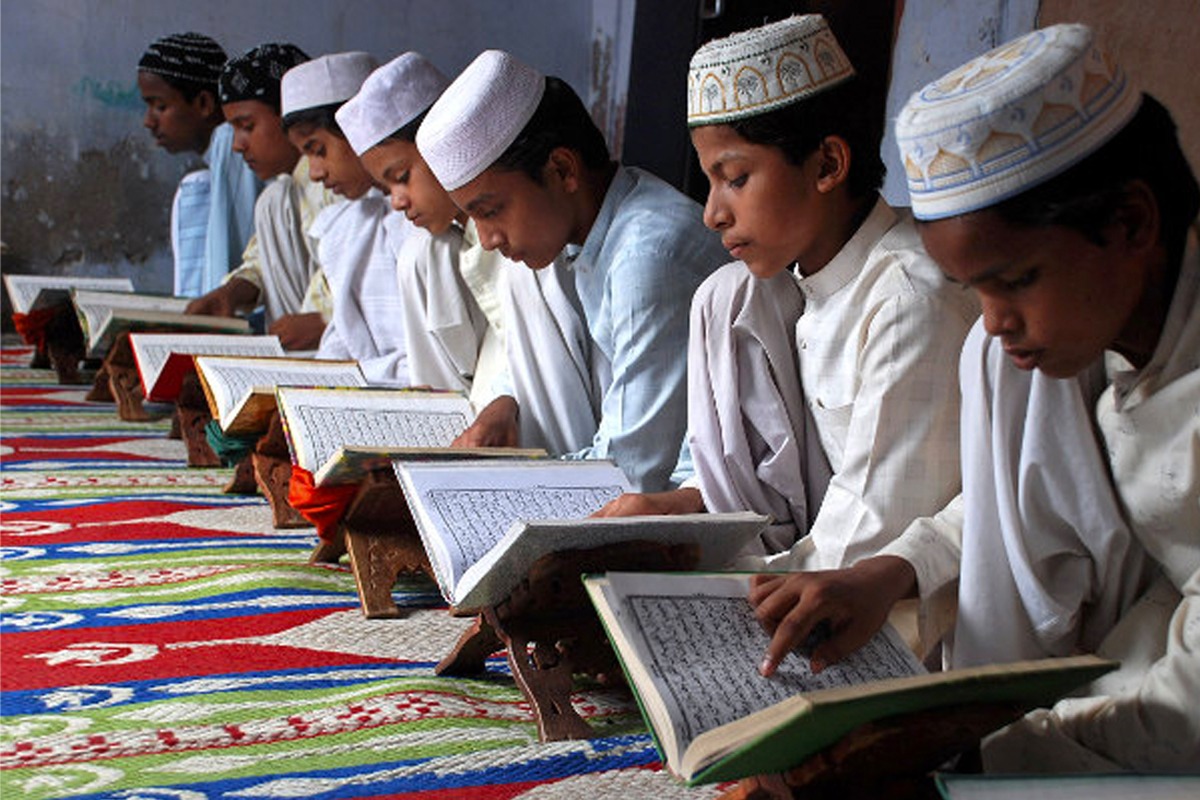The recent revelation that 80 madrasas in Uttar Pradesh received approximately Rs 100 crore in foreign funds over the last three years has raised serious questions about the sources and purposes of such funding. The Special Investigation Team (SIT) formed by the state government to probe the matter has found that the funds came from various locations worldwide, including the Middle East, London, and Dubai, and were directly deposited into the bank accounts of societies and NGOs managing these madrasas. The SIT has also identified the individuals, societies, and NGOs running the madrasas, and has scrutinised their bank accounts and funding sources.
The probe is ongoing, and the SIT intends to gather more information on the organisations and individuals depositing money and to determine whether the funds were meant for social causes or other ulterior motives. The SIT will also seek information from the madrasas on how they spent the foreign funds and will require them to provide bills and other relevant documents. The SIT may also seek assistance from central agencies like R&AW and IB for cooperation.
The initiation of the investigation is a positive move, contributing to the promotion of transparency and accountability in the financial management of madrasas—religious and educational institutions catering to the Muslim community. It serves as a preventive measure against potential misappropriation or diversion of funds for illicit or anti-national purposes, including radicalization, terrorism, or separatism. Furthermore, the investigation plays a crucial role in safeguarding the rights and interests of madrasa students and teachers, shielding them from potential exploitation or manipulation by the vested interests behind the funding.
However, more than an investigation is needed to address the larger issues and challenges related to the madrasas in India. Madrasas, comprising approximately 25,000 establishments in UP alone, with over 16,500 officially recognized by the UP Board of Madrasa Education, must undergo regulation and comprehensive reform concerning their curriculum, teaching methods, and overall quality. Embracing a contemporary and inclusive curriculum is imperative for madrasas, encompassing subjects such as science, mathematics, social studies, and languages in addition to religious education. Adherence to national and state educational standards, coupled with routine inspections and evaluations, is essential. The focus should be on ensuring that madrasa students acquire skills and knowledge relevant to the 21st century while steering clear of exposure to extremist or intolerant ideologies.
The government, operating at both central and state levels, plays a pivotal role in overseeing and revitalizing madrasas. Enactment and enforcement of a standardized law governing the registration, recognition, and oversight of madrasas, accompanied by the provision of ample funds, resources, and assistance, fall within the government’s purview. Rigorous monitoring and assessment of madrasa performance, coupled with enforcement of legal and regulatory compliance, are vital responsibilities. Additionally, fostering awareness and fostering open dialogue among madrasa authorities, teachers, students, and parents, addressing their concerns and grievances is imperative.
Madrasas constitute an essential component of the Indian educational system, boasting a diverse and culturally rich history. With the potential to actively contribute to the country’s social and economic development, as well as promote communal harmony and national integration, madrasas play a vital role. However, they grapple with challenges such as foreign funding, radicalisation, and isolation. It is imperative to subject madrasas to scrutiny and regulation while concurrently offering support and implementing reforms. This approach is necessary to ensure their alignment with the nation’s best interests and community welfare.

